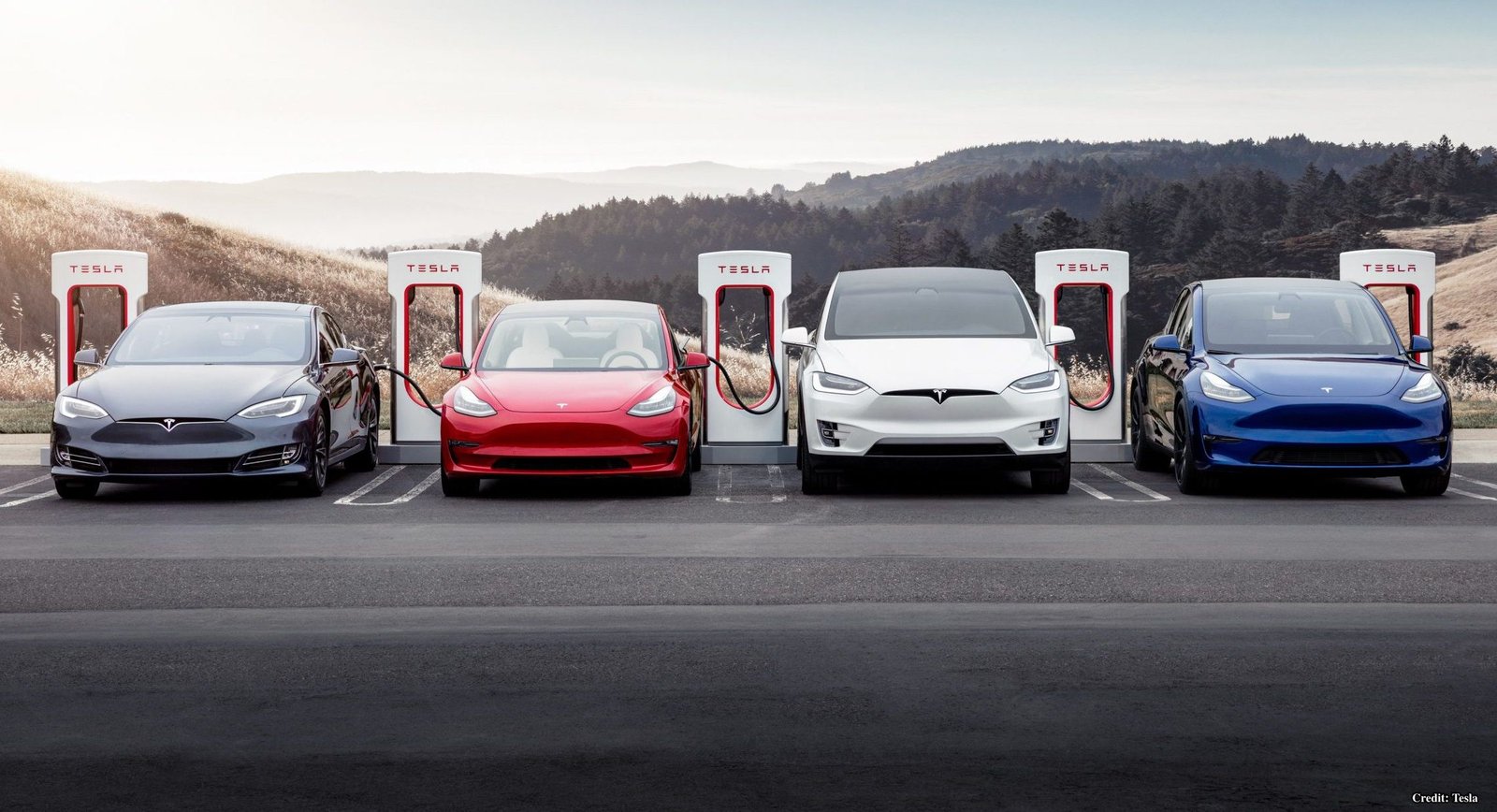Over the past several years, automotive manufacturers from all corners of the world have leapfrogged into electric vehicle production.
In an effort to catch Tesla, recognized as the industry leader, car companies have tried all kinds of strategies, including pricing, but catching up will require much more than that. Tesla’s most affordable vehicle is the rear-wheel drive Model 3, which starts at $42,990 before incentives.
It’s far from the cheapest EV on the market, as many vehicles, both in production and those planned for the future, are marketed as “Tesla killers,” a term that was widely put to rest a few years ago.
There’s no Tesla Killer, unfortunately, because those vehicles wouldn’t exist if Tesla weren’t around. They are purely the idea and final product of any automotive company because of Tesla’s massive influence on the automotive market.
Unfortunately, the angle these car companies have come up with is, “If it’s cheaper than a Tesla, people will buy it.” But there’s a reason the 2023 Nissan Versa, priced at $15,730, isn’t the most popular car in the world: Consumers want more than a nice, low price tag.
Customers take many things into consideration: Looks, features, technology, range, performance, and quality are some of the metrics that car buyers take into consideration while buying a new car.
When I read some of these headlines about cars that are expected to be the next big thing in the EV field, it always seems to have something to do with price. But it goes further than that.
In the EV space today, Tesla still maintains a huge lead in terms of sales by model. According to Kelley Blue Book data, the Model Y sold 251,974 times in the US last year.
The Model 3 was sold 211,618 times. The Model S recorded 32,675 sales and the Model X recorded 26,121. Even the Model X managed to beat the likes of the Kia Niro, Hyundai Ioniq, and Volkswagen ID.4 despite being Tesla’s most expensive car and its least popular model.
Why? There are many factors to EV ownership. Charging networks may be the biggest influence, and Tesla dominates in that realm. It also holds considerable advantages in technology, range, and performance. Of course, forms are subjective, so it’s not worth commenting on. But even if the best-looking car drives and operates like a piece of crap, no one is going to want it.
Read More: Teslarati
Also Read:
- Elon Mask’s ‘limbic resonance’ tweet for Taylor Swift slammed by fans
- Elon Musk announces a set of the latest updates for Twitter
- Elon Musk shares ‘unorthodox’ job title that may exist in the future
- The college student who tracks Elon Musk’s private jet says the Tesla CEO only seems to care about tracking planes if it affects him
